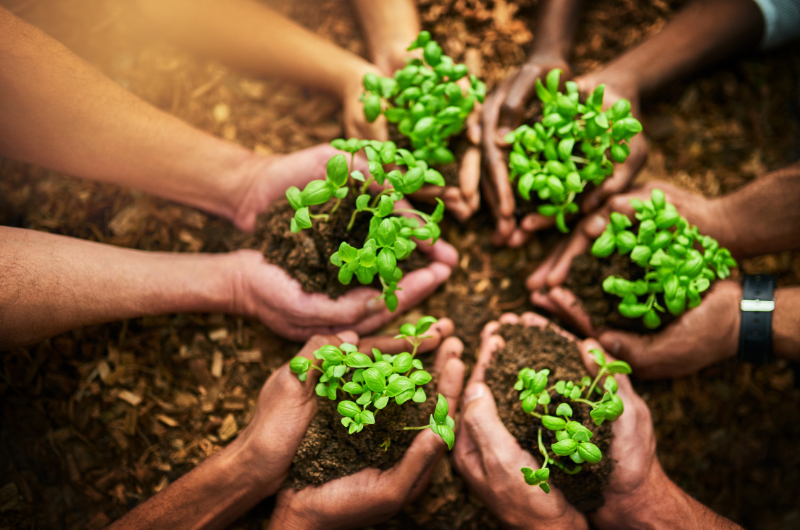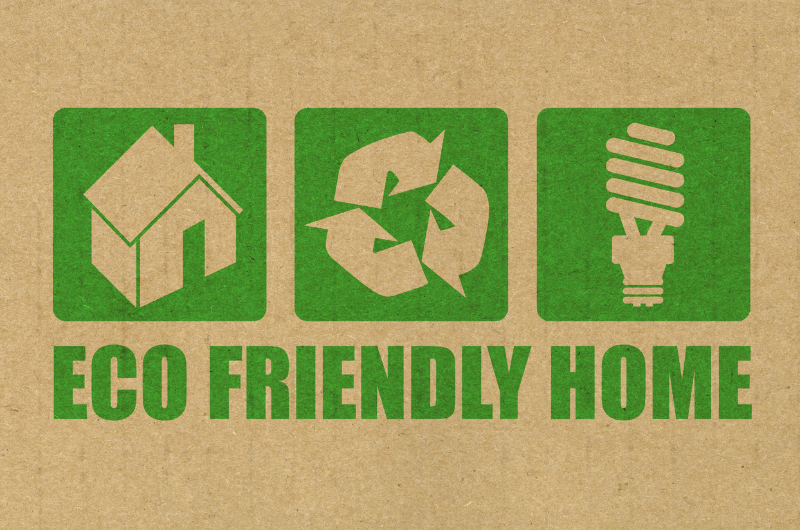In the present world, it is a higher priority than at any other time to do whatever it takes to protect the environment. With expanding levels of contamination, deforestation, and environmental change, our planet is confronting remarkable difficulties. However, having an effect doesn’t need to be convoluted or overwhelming. In fact, each of us can easily incorporate simple, everyday actions to protect the environment and preserve it for future generations.
1. Reduce, recycle, and reuse to protect the environment
Reduce
Protecting the environment can be as simple as following the three R’s: reduce, reuse, and recycle. Making small changes in our daily routines can have a significant impact on saving our planet for future generations.
One of the least demanding ways of lessening our environmental impact is by starting with decreasing our waste. This should be possible by utilising reusable items whenever the situation allows. Rather than continually buying single-use items like plastic water containers or paper towels, put resources into items that can be utilised on various occasions. For instance, utilising a refillable water container and fabric napkins can assist with eliminating how much waste we produce.
Recycle
One more method for lessening waste is by pondering the bundling of the products we purchase. Pick items with negligible bundling or pick products that come in recyclable materials. By being aware of our buying propensities, we can altogether diminish how much waste we add to landfills.
Reuse
As well as lessening waste, reusing items is one more straightforward method for protecting the environment. Rather than tossing out items that are not generally required, think about tracking down better approaches to utilising them. For instance, old apparel can be transformed into clothes for cleaning or reused into new items through upcycling. By giving items a second life, we can keep them from winding up in the junk and reduce the interest in new products.
Also, obviously, one of the most notable ways to protect the environment is by reusing. Reusing materials like paper, plastic, and glass can assist with saving regular assets and reduce contamination. Numerous people offer curbside recycling programmes, making it simple for households to isolate recyclable materials from their junk. By getting some margin to sort and recycle these items, we can guarantee that they are handled and utilised again as opposed to being wasted.
2. Conserve energy.
One of the least difficult ways to protect the environment is by saving energy. This includes being aware of how we use electricity and rolling out little improvements in our everyday propensities that can have a major effect.
One easy way to conserve energy is by turning off lights when you leave a room. It may seem small, but leaving lights on unnecessarily wastes electricity and contributes to CO2 emissions. Simply flip the switch whenever you exit a room, and you’ll be amazed at the energy savings over time.
As well as switching out lights, turning off gadgets when they are not in use can likewise assist with preserving energy. Numerous gadgets keep on drawing power in any event when switched off, known as “phantom loads.” Turning off gadgets like telephone chargers, televisions, and computers when they are not in use reduces energy consumption and lowers your electricity bill.
Use energy-efficient appliances to save environment
Another way to save energy is by switching to Energy Star certified appliances. These are designed to be more energy-efficient, potentially saving you money on your energy bill in the long run. Despite their initial higher cost, the long-term savings make them a worthwhile investment.
Moreover, consider using environmentally friendly power sources like solar-based power. Sun-powered chargers can be installed in your home to harness the sun’s energy and convert it into electricity. This environmentally friendly power source is spotless and practical, lessening your dependence on petroleum derivatives and diminishing your carbon footprint.
3.Minimise water usage to save environment.
Water is a valuable asset that we frequently underestimate. Many of us are unaware of the exact amount of water wasted daily, but there are simple steps we can take to minimize our water usage and protect the environment.
One of the least demanding ways of preserving water is by fixing leaky faucets. A dribbling spigot may not appear to be a joke, yet over time, those little drops can amount to gallons of wasted water. By setting aside some margin to fix any breaks in your home, you can get a good deal on your service bills.
One more method for eliminating water usage is by cleaning up. It very well may be enticing to wait under the warm water, particularly on a chilly morning; however, decreasing the length of your showers by only a couple of moments can have a major effect on how much water you use. Consider setting a clock or playing a short melody to assist with monitoring your shower time.
As well as fixing holes and shortening showers, there are a few alternate ways of diminishing water waste in your regular exercise. While washing dishes, attempt to fill the sink with foamy water as opposed to allowing the spigot to run continuously. This action saves water while also helping conserve energy by reducing the amount of hot water needed.
Additionally, while doing laundry, attempt to wash full loads whenever the situation allows. Running more modest loads utilises more water per thing of clothing, so by holding on until you have a full load, you can capitalise on each wash cycle and minimise water waste. Moreover, consider utilising a high-proficiency washing machine, which utilises less water than customary models.
Conclusion
By rolling out little improvements to your everyday routine, like fixing releases, scrubbing down, and being aware of water usage while washing dishes and doing laundry, you can assist with protecting the environment and conserve this significant asset for people in the future. These basic activities benefit the planet as well as getting a good deal on your service bills over the long haul.
Keep in mind that each drop counts with regards to water protection. By being aware of your water usage and trying to minimise waste, you can have a genuine effect on safeguarding this fundamental asset for quite a long time into the future. In this way, we should all do our part to protect the environment and guarantee a practical future for all.
FAQs
Some simple ways to protect the environment include reducing energy consumption, minimizing water usage, reducing waste through recycling and composting, supporting sustainable transportation methods, and conserving natural resources.
You can reduce energy consumption at home by turning off lights and electronics when not in use, using energy-efficient appliances and light bulbs, properly insulating your home, and adjusting your thermostat to conserve energy.
Easy ways to minimize water usage include fixing leaks, taking shorter showers, turning off the tap while brushing teeth or washing dishes, and using water-saving appliances and fixtures.
Sustainable transportation methods include walking, biking, carpooling, using public transportation, and driving fuel-efficient vehicles. You can support these methods by choosing eco-friendly transportation options whenever possible and advocating for improved public transportation infrastructure.



This was very enlightening.